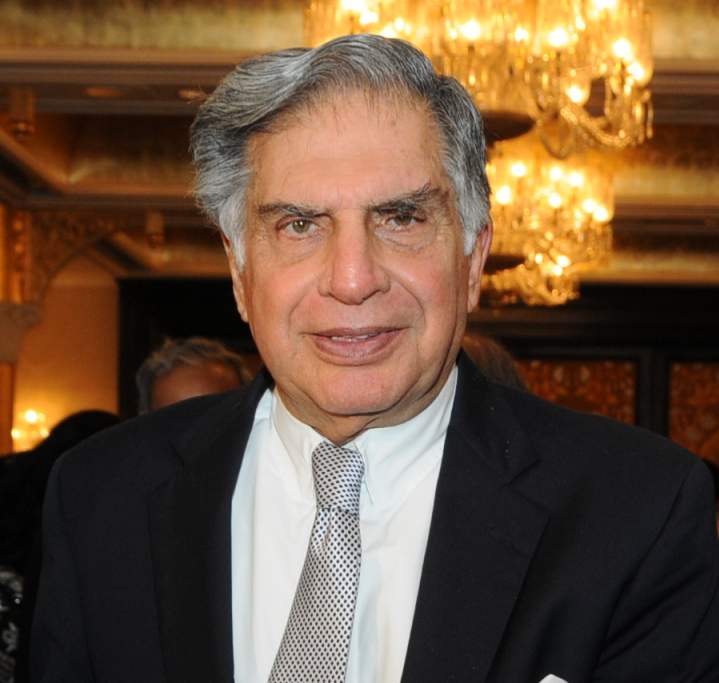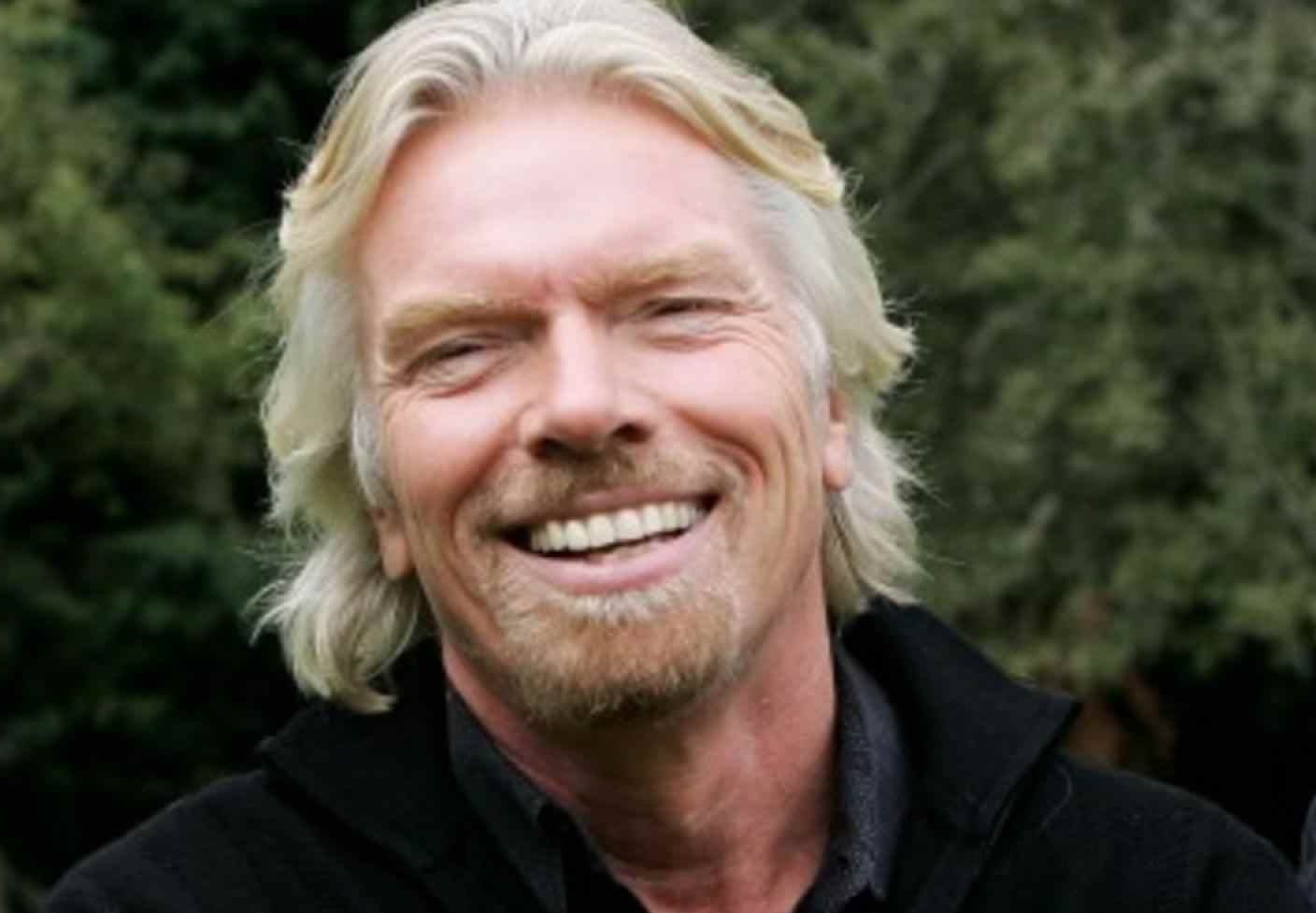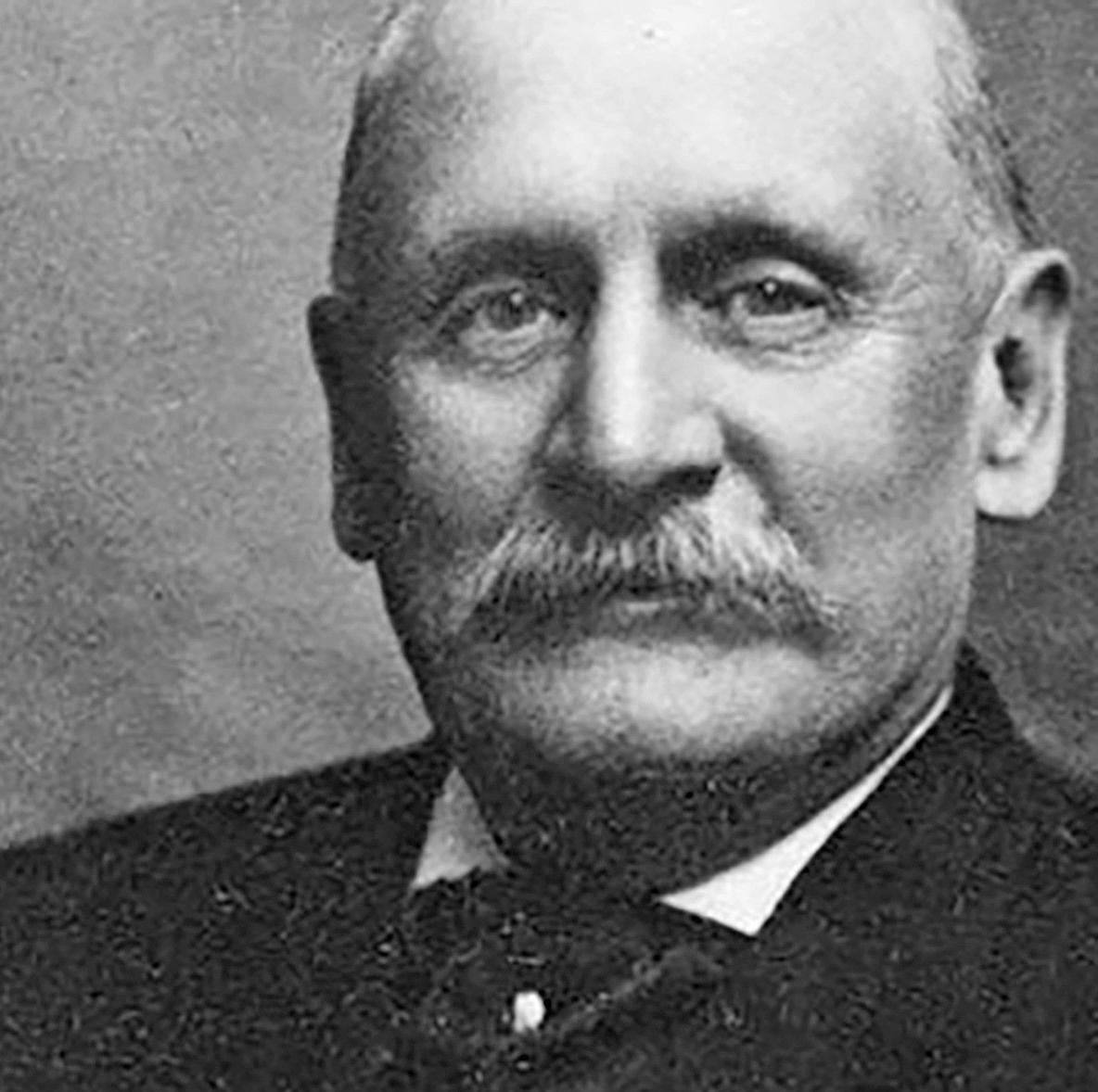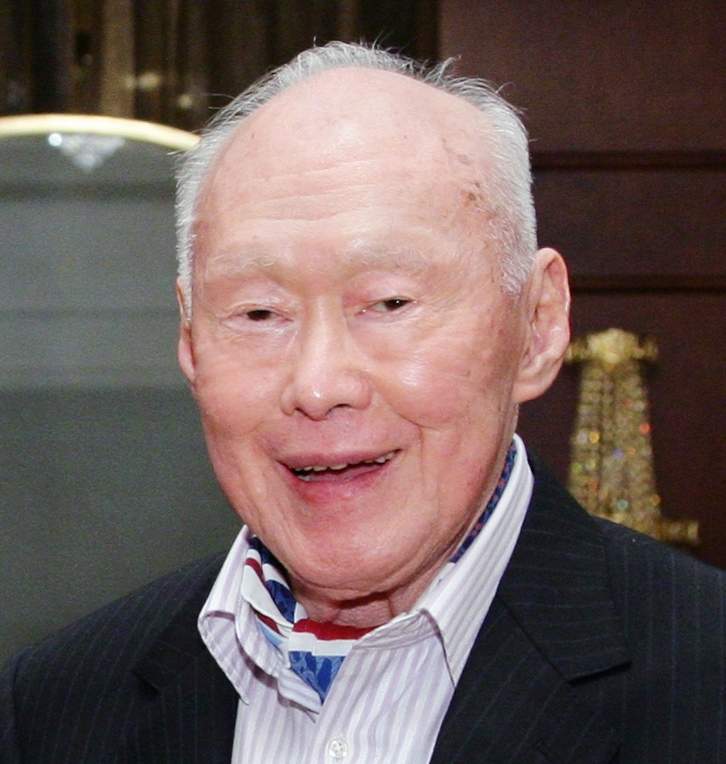Introduction:
Ratan Tata, one of India’s most influential business leaders, is widely recognized for transforming the Tata Group, one of India’s largest and oldest conglomerates. Under his leadership, Tata Group not only expanded globally but also strengthened its commitment to ethical business practices and social responsibility. Ratan Tata’s journey from a relatively young, untested leader to a respected global business icon is a story of resilience, visionary leadership, and unyielding ethical values.
Early Life and Entry into Business:
Ratan Tata was born in 1937 into the influential Tata family, but he grew up somewhat distanced from the business world. He studied architecture at Cornell University and, later, management at Harvard Business School. His early experiences taught him the importance of global perspectives, a trait he would later incorporate into his leadership at Tata Group. Ratan Tata took over the reins of Tata Group in 1991, succeeding his uncle, J.R.D. Tata, at a time when the company faced several challenges, including inefficiencies in operations and a lack of international presence.

Visionary Leadership and Global Expansion:
One of Ratan Tata’s most remarkable contributions was his ability to expand the reach of Tata Group beyond India. Under his leadership, the Tata Group diversified into numerous industries, including steel, automotive, information technology, hospitality, and telecommunications. One of the defining moments of his leadership came with the acquisition of the British luxury carmakers Jaguar Land Rover (JLR) in 2008 for $2.3 billion. This was a bold move, considering the global financial crisis, but it paid off in the long run. Tata Motors transformed JLR into a profitable brand, leveraging Tata’s strategic investments in design and technology.
Similarly, Tata Group’s acquisition of the American steel giant Corus Group in 2007 for $12 billion was another strategic decision that solidified its international presence. This move made Tata Steel the world’s sixth-largest steelmaker, expanding its footprint in Europe and North America. These acquisitions not only brought in revenues but also bolstered the group’s reputation for being a global player in major industries.
Innovation and Entrepreneurial Mindset:
Ratan Tata’s tenure was marked by an entrepreneurial spirit that focused on innovation, which was key to the company’s success. One of the most notable innovations during his leadership was the development of the Tata Nano, the world’s cheapest car, launched in 2008. While the Nano did not achieve the commercial success anticipated, the project highlighted Tata’s commitment to affordable innovation for the masses. The Tata Nano became a symbol of Tata Group’s willingness to think outside the box and challenge conventional norms in the automotive industry.
Moreover, under Ratan Tata’s guidance, the group emphasized technological advancements and R&D, which resulted in the growth of Tata Consultancy Services (TCS), one of the world’s leading IT services companies. TCS grew rapidly under Tata’s stewardship and became the crown jewel of the company’s technology sector.
Social Responsibility and Ethical Business Practices:
Ratan Tata is equally well-known for his commitment to corporate social responsibility (CSR). The Tata Group’s long-standing emphasis on ethical business practices is a legacy that was strengthened under his leadership. Tata’s philosophy centers on the belief that business should not only generate profits but also contribute to societal welfare. Tata’s involvement in numerous charitable initiatives through the Tata Trusts, which focus on education, healthcare, and rural development, made a significant impact on Indian society.
Additionally, Tata Group was among the first major corporations in India to implement sustainable business practices. Under Ratan Tata’s leadership, the company focused on reducing its carbon footprint, adopting green technologies, and supporting initiatives that prioritized social and environmental well-being. Tata’s strong ethical stance ensured that the company maintained its integrity even in challenging global business environments.
Challenges and Legacy:
Ratan Tata’s journey was not without its challenges. He faced opposition to several of his decisions, particularly during the early years of his leadership when he had to work hard to prove his capability in taking the company forward. Yet, his leadership was marked by calm resolve, and he always placed the interests of the Tata Group and the nation above personal gains. His decision to retire in 2012 after a remarkable two-decade tenure was seen as an end of an era.
Ratan Tata’s legacy is not only about business growth and innovation but also about values. He demonstrated that it is possible to achieve business success while adhering to high ethical standards. Under his leadership, Tata Group gained global respect for its business ethics, leadership in innovation, and commitment to community development. His retirement marked the beginning of a new chapter for Tata Group, but the values he instilled continue to shape the company.
Conclusion:
Ratan Tata’s story is one of vision, perseverance, and a deep commitment to ethical business practices. His ability to navigate through complex global markets, invest in innovation, and lead with empathy and integrity has made him an admired figure in the global business community. Ratan Tata not only transformed the Tata Group but also reshaped the way businesses approach their responsibility toward society and the environment. His success stories are a testament to his leadership and to the enduring values of the Tata Group, making him a true business icon of the 21st century.












